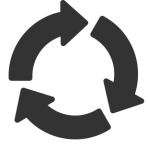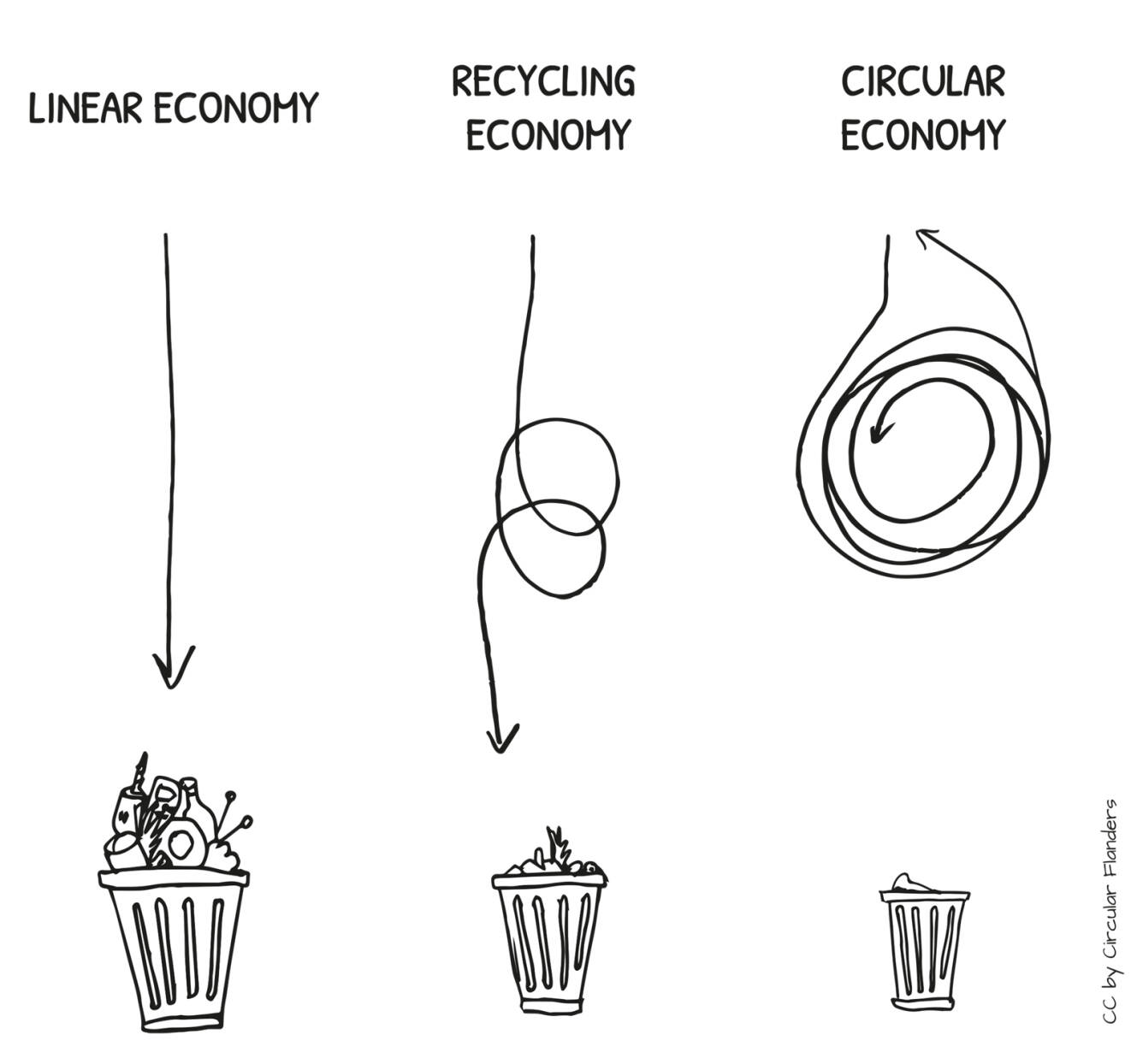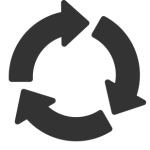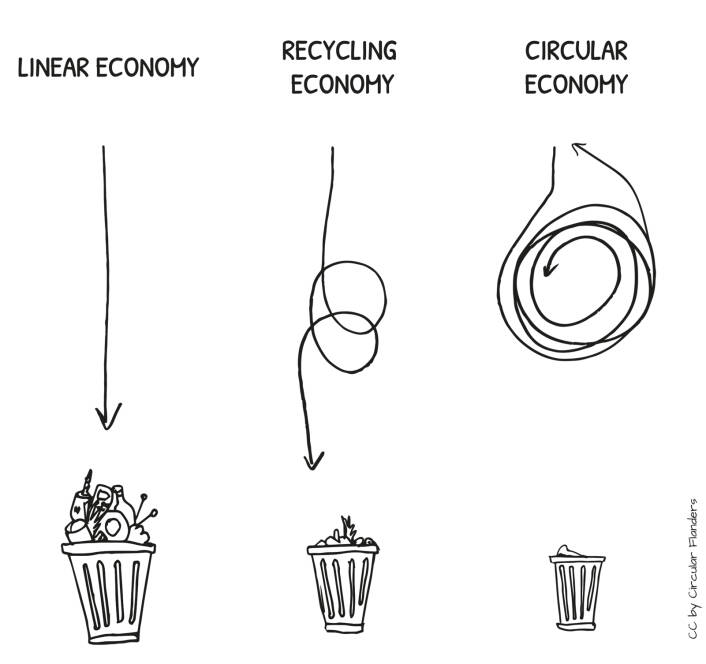

SCROLL
© CIRCULAr FLANDerS

What is circular living
A liveable city, for us and for our children
The gain and use of raw materials have a major impact on natural resources and the climate on earth. Urban areas offer the perfect opportunity for a circular economy as they have a dense population and high levels of use of raw materials and resources. Circular South was a suitable test project for the City of Antwerp, serving as part of the city’s ambition to reduce CO2 emissions by 50-55% by 2030 and to be a climate neutral and climate-robust city by 2050. As part of the climate plan, the City of Antwerp would like to invest in circular entrepreneurship, the circular use of resources and changes to circular behaviour through its citizens.
With the Circular South project, we have taken a step towards a circular way of life.
shared, hired, reused, repaired and recycled for as
long as possible in order to create added value.
In this way, the lifecycle of a product is extended. In practice, it means that waste production and disposal is kept to a minimum.
When a product reaches the end of its lifecycle, the materials are kept within the economy to the greatest extent possible. They can be reused, time and again.
A circular economy is a production and consumption model in which existing materials and products are


Would you like to know more? Watch this short film.
In this way, the lifecycle of a product is extended. In practice, it means that waste production and disposal is kept to a minimum.
What is circular living

A circular economy is a production and consumption model in which existing materials and products are
When a product reaches the end of its lifecycle, the materials are kept within the economy to the greatest extent possible. They can be reused, time
and again.
shared, hired, reused, repaired and recycled for as long as possible in order to create added value.
© CIRCULAr FLANDerS

Would you like to know more?
Watch this short film.
A liveable city, for us and for our children
The gain and use of raw materials have a major impact on natural resources and the climate on earth. Urban areas offer the perfect opportunity for a circular economy as they have a dense population and high levels of use of raw materials and resources. Circular South was a suitable test project for the City of Antwerp, serving as part of the city’s ambition to reduce CO2 emissions by
50-55% by 2030 and to be a climate neutral and climate-robust city by 2050.
As part of the climate plan, the City of Antwerp would like to invest in circular entrepreneurship, the circular use of resources and changes to circular behaviour through its citizens.
With the Circular South project,
we have taken a step towards a
circular way of life.
